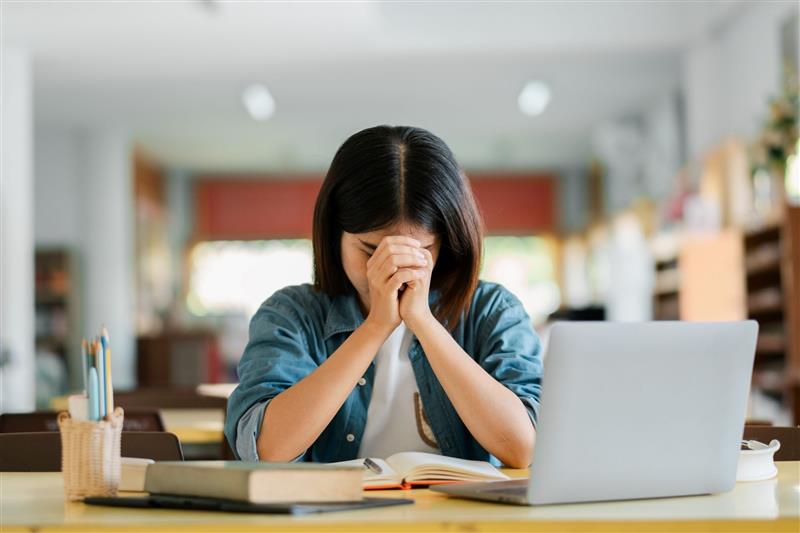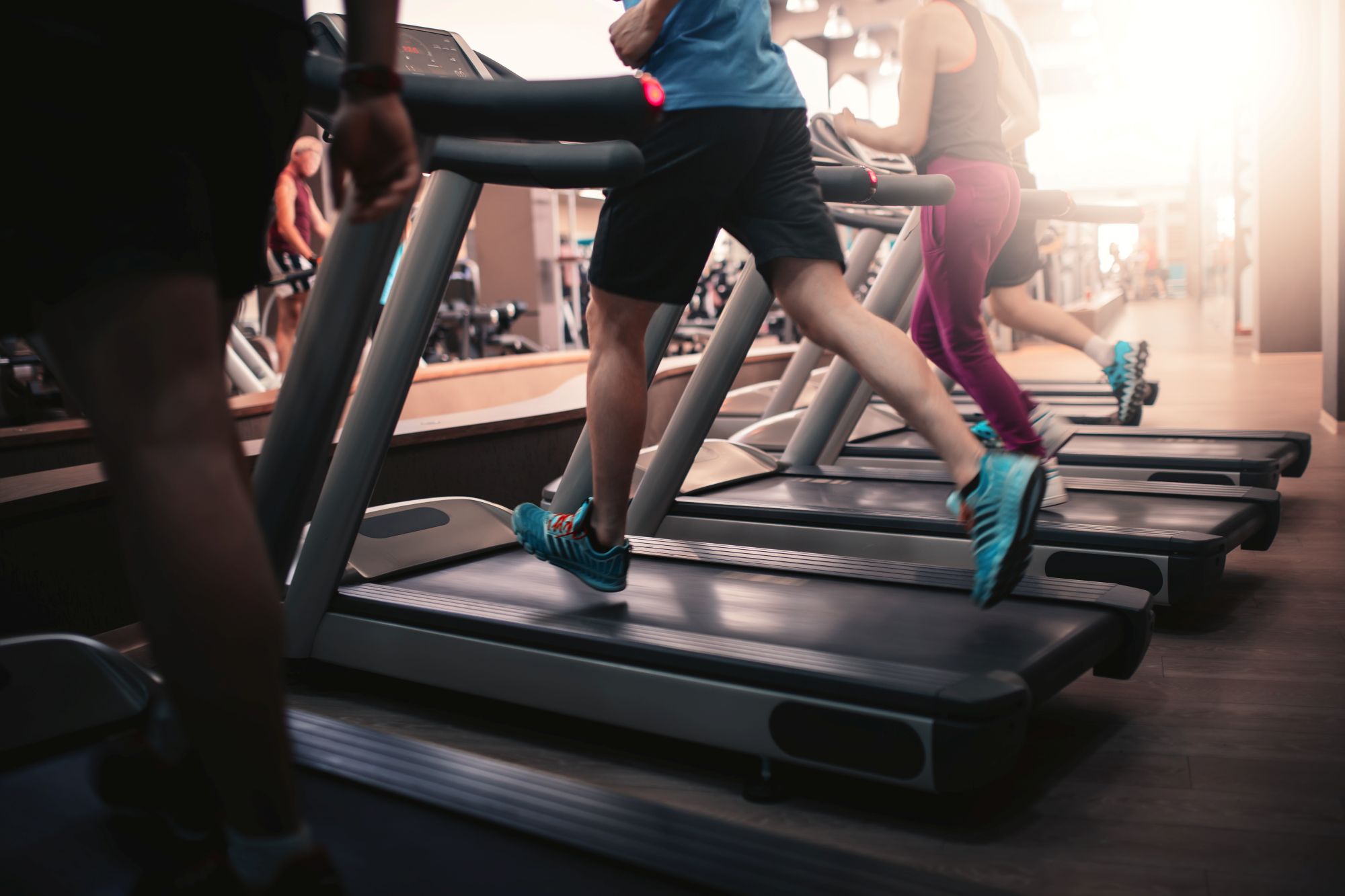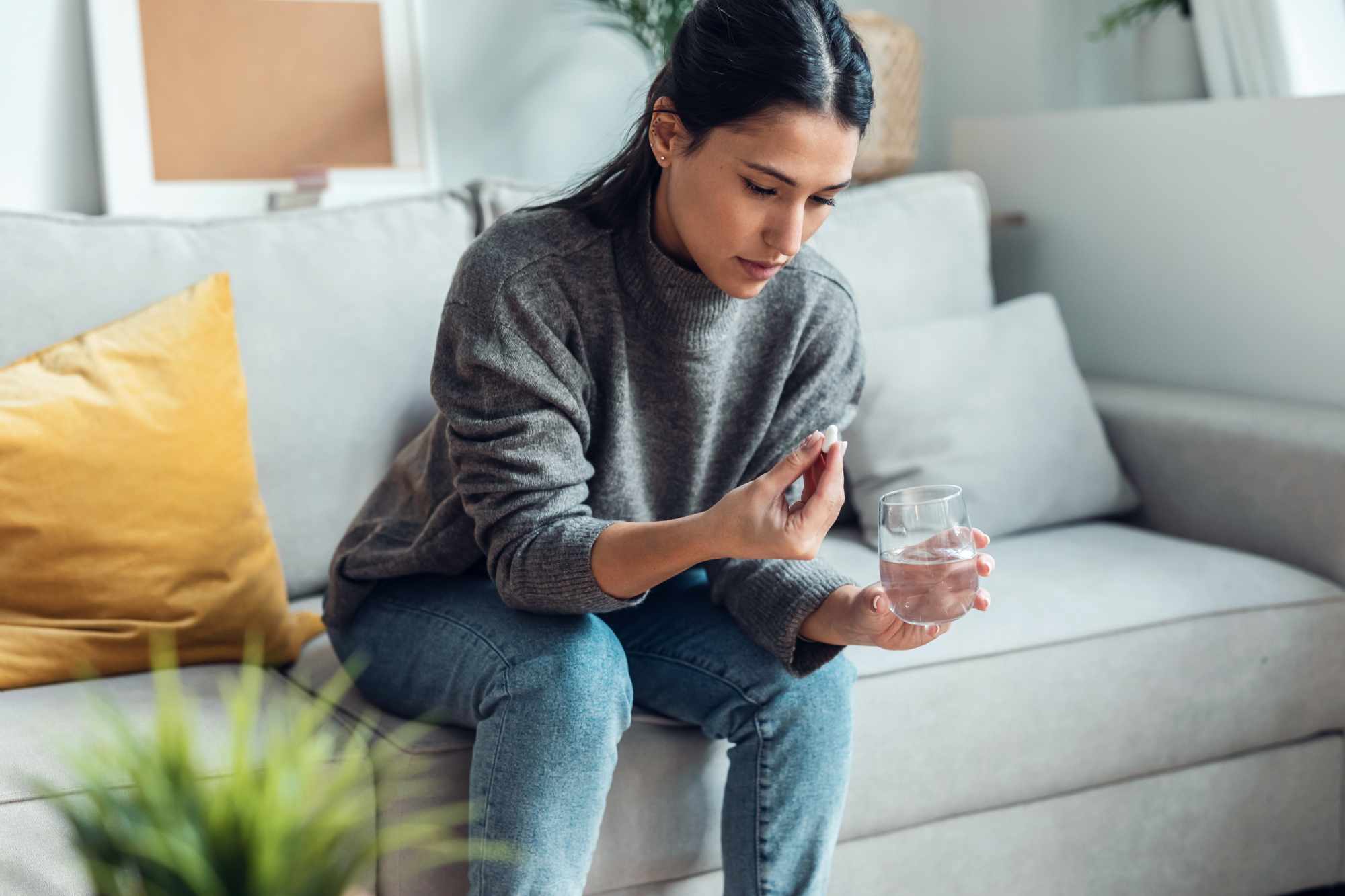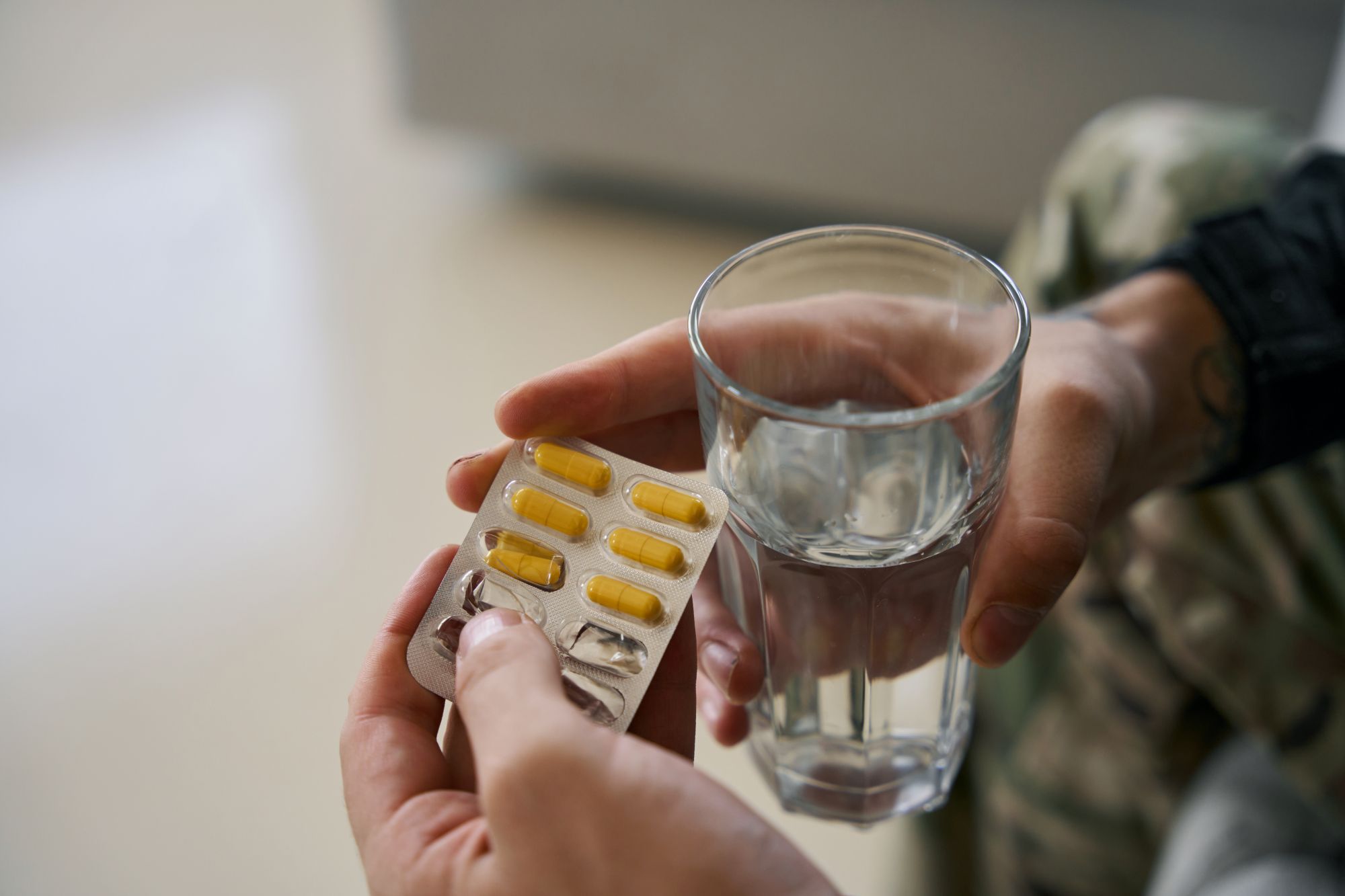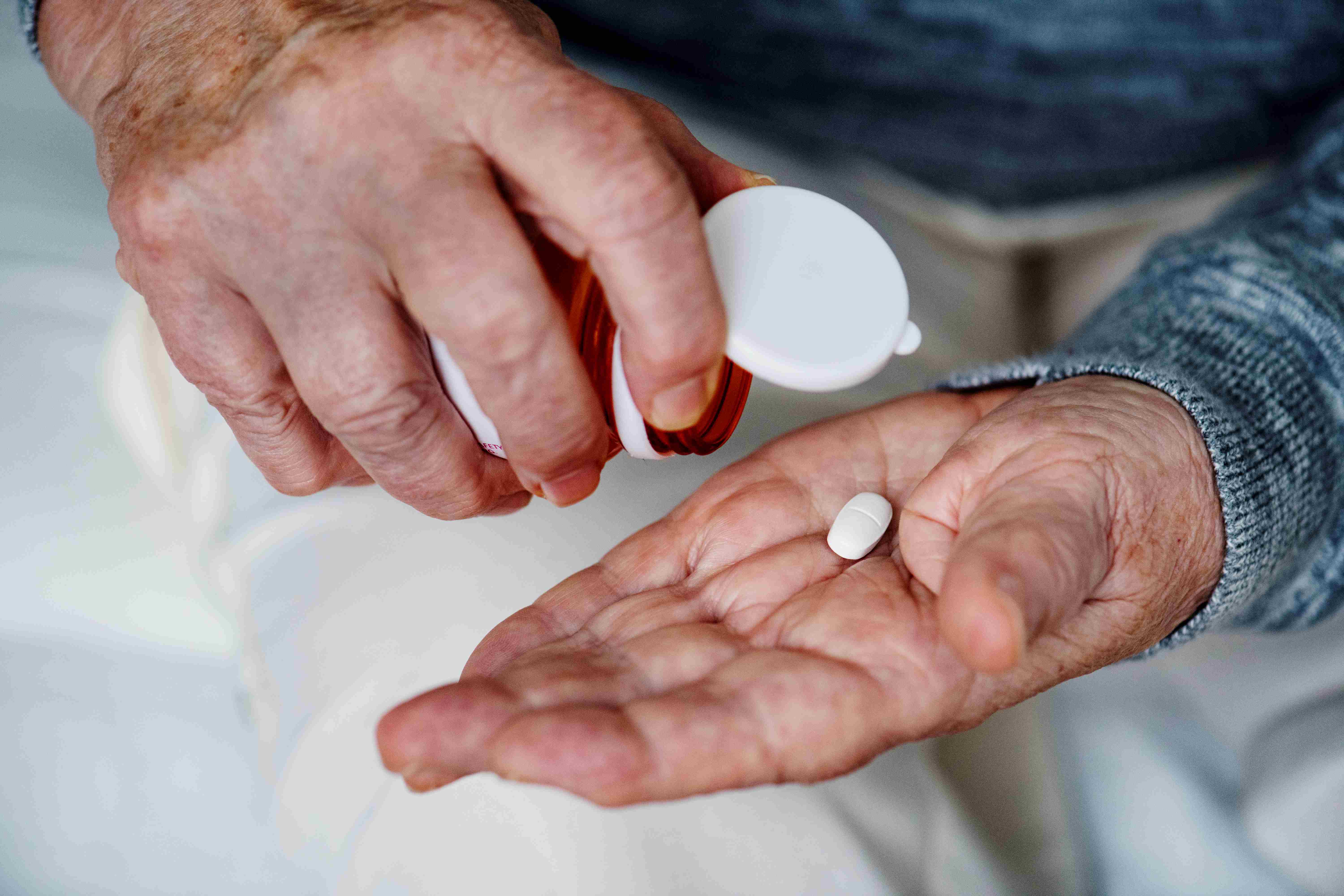One dose of the active ingredient in ayahuasca improves depressive symptoms, according to the results of a new phase IIa clinical trial
Dimethyltryptamine (DMT) is responsible for the psychedelic effects of ayahuasca. According to the results of a phase IIa clinical trial published in Nature Medicine, this molecule improved depressive symptoms in adults with depression after one dose. The trial included 34 people, 17 of whom received intravenous DMT. This second group showed greater improvements in depressive symptoms than the control group. After two weeks, in the second part of the trial, DMT was administered to all participants and the antidepressant effects lasted for three months. Adverse effects were mainly pain at the injection site, nausea and transient anxiety.

